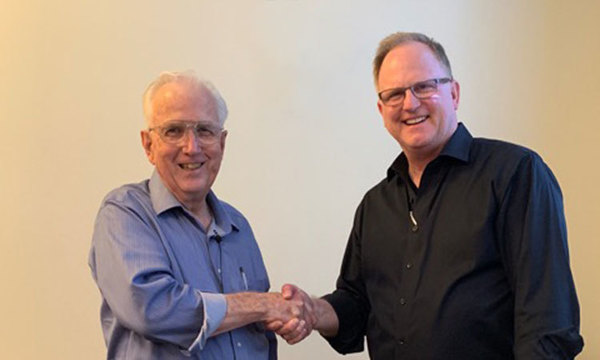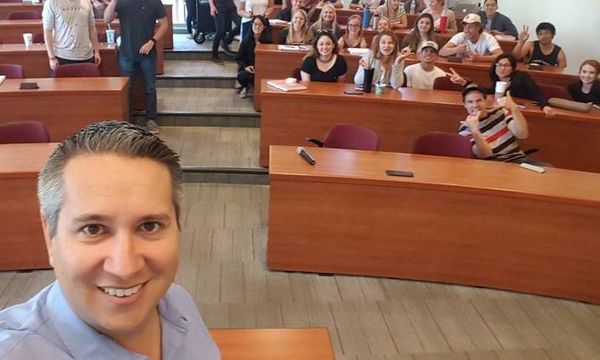Blogs & Podcasts
![]()
Becoming Biola
Explore Life at Biola University![]()
![]()
![]()
Bravo!
Biola University Conservatory of Music![]()
Business. Ministry. Life.
Crowell School of Business![]()
GRIT
a resource collective for women![]()
Opening Question
Torrey Honors College![]()
![]()
Talbot Magazine
Talbot School of Theology![]()
The Faculty Cut
Resources from the Snyder School of Cinema and Media Arts' Industry Professionals![]()
The Good Book Blog
Talbot School of Theology Faculty Blog![]()
Think Biblically
Conversations on Faith and Culture![]()
Winsome Conviction
Deepening convictions without dividing communities
Latest Posts
On Changing Majors, Imposter Syndrome, & Being "In Process"
a guest post from Alumna Natalie Felix
What is God's Purpose in Life?
Weekly Q & A with Dr. William Lane Craig
Biola Welcomes New Faculty for Fall 2017
17 new faculty members join Biolaâs esteemed faculty
How To Survive the First Day of School
a blogpost by Celeste Scott
Why Bother?
Weekly Q & A with Dr. William Lane Craig
Welcome & Welcome Back!
a welcome note from the GRIT Editorial Board
Does God Love the Devil?
Weekly Q & A with Dr. William Lane Craig
Biola Journalism Students Publish Book on Migration Issues
âBeyond the Wallâ showcases student writing and photography in the form of narrative journalism
What Could God Not Have Commanded?
Weekly Q & A with Dr. William Lane Craig
 Biola University
Biola University



















